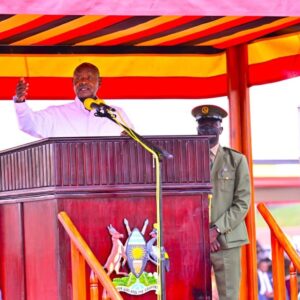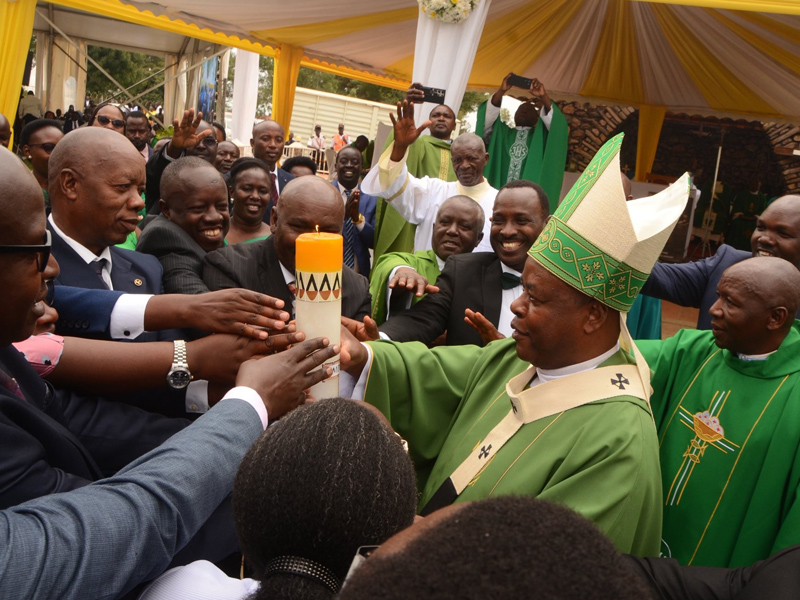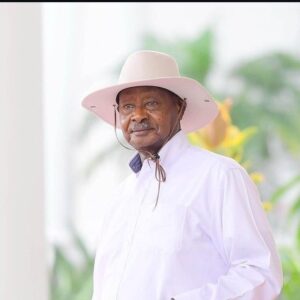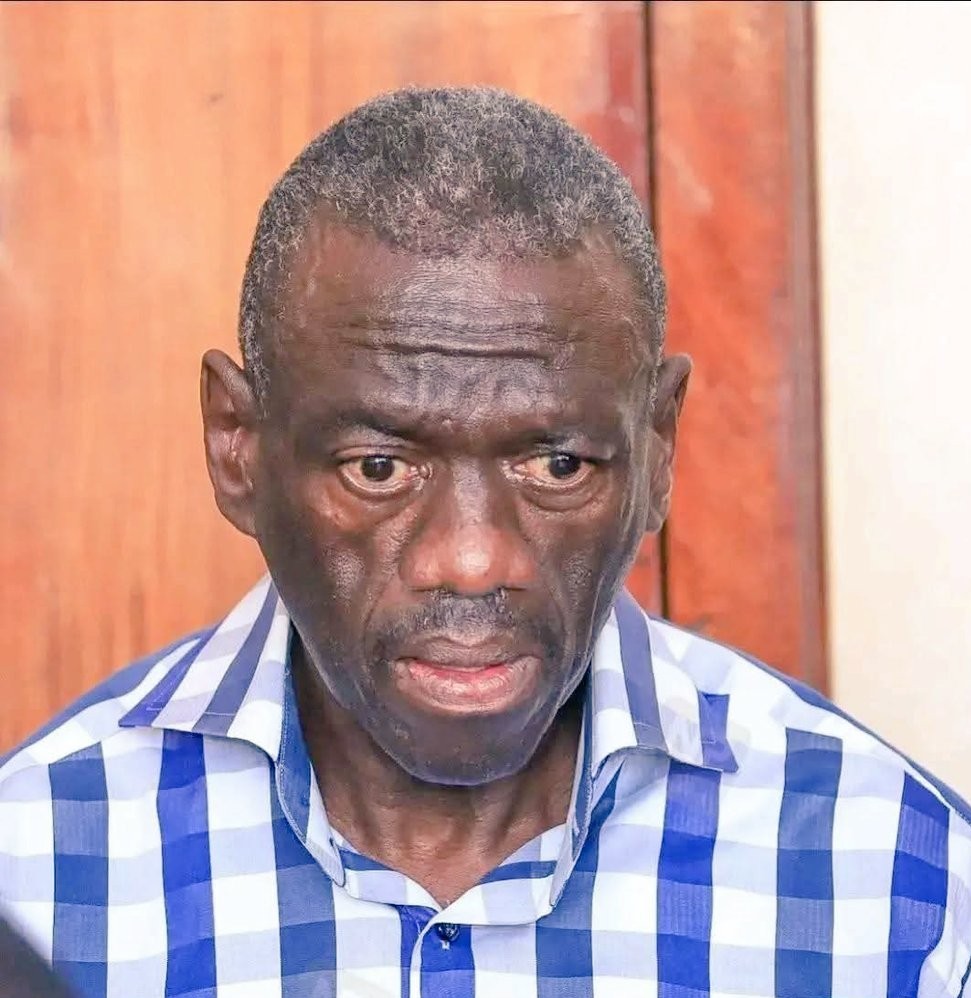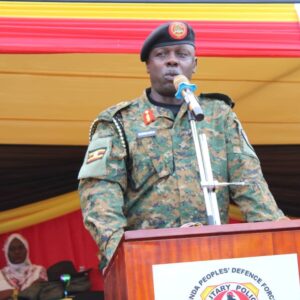By Okaleb Swaib
The recent African Union Commission (AUC) elections have sparked considerable discussion, particularly around the strategic influence of Francophone communities and the unexpected setback for Kenya’s Raila Odinga. Here’s an analysis based on the unfolding events:
Francophone Solidarity
The elections underscored the significant sway Francophone countries hold within the AU. The victory of Mahmoud Ali Youssouf from Djibouti can largely be attributed to a unified front by Francophone states. These countries, sharing a common language and often aligned political interests, have historically voted as a bloc. This election reaffirmed the pattern, with Francophone nations rallying behind Youssouf, showcasing their collective clout in continental politics.
The cohesion among these countries is not merely linguistic but also cultural and historical, stemming from shared colonial legacies and ongoing French influence in diplomacy and education. This solidarity was pivotal in swaying votes away from Raila Odinga, who, despite his Pan-Africanist credentials and extensive campaigning, could not penetrate this linguistic and political fortress.
Raila Odinga’s Campaign and Challenges
Raila Odinga, a seasoned politician with a strong domestic and regional profile, entered the race with significant backing from the East African Community (EAC) and several other African nations. However, several factors contributed to his failure:
- Regional Blocs: Africa is divided not only by language but also by regional economic communities. While Odinga secured endorsements from many countries, the strategic voting by regional blocs like SADC (Southern African Development Community), where Madagascar’s candidate initially drew votes, played a role. When Madagascar’s candidate was eliminated, these votes did not necessarily transfer to Odinga but instead supported Youssouf.
- Diplomatic Missteps: Critics pointed to potential diplomatic faux pas, including Kenya’s controversial stances in regional conflicts like the DRC crisis. This might have alienated some countries that were wary of Kenya’s influence under Odinga’s leadership.
- Age and Energy: There was also the narrative of Odinga’s age and the perceived need for dynamic, youthful leadership at the helm of the AU. This was subtly echoed in some analyses, questioning his vigor for the role compared to younger candidates.
- Underestimation of Francophone Unity: Perhaps the most critical miscalculation was underestimating the Francophone bloc’s solidarity. Odinga’s campaign might have overlooked the deep-seated alliances and voting patterns influenced by France’s long-standing cultural and political ties in Africa.
The Way Forward
For future candidates from Anglophone or any other regions, the lesson is clear: understanding and navigating the intricate web of linguistic, cultural, and political affiliations is crucial. Raila Odinga’s loss is not just a personal defeat but a signal for broader reflection on how African unity can transcend these divides.
The AUC, under Youssouf, now has an opportunity to address these divides, perhaps by fostering policies that genuinely integrate all linguistic and regional groups into a cohesive vision for Africa. Meanwhile, for Odinga, this might be a moment to reconsider his approach to continental politics, focusing on building alliances that go beyond traditional support structures.
The AUC elections have highlighted the enduring influence of historical ties and the need for new strategies in African politics. As we move forward, the balance between Francophone and Anglophone nations, along with other cultural groups, will continue to shape the continent’s diplomatic landscape. Raila Odinga’s ambition to lead the AU was ambitious but ultimately thwarted by these complex dynamics, serving as a case study in the nuanced art of African diplomacy.


